Content hub
A wealth of advice and information on VOC and SVOC analysis.

PFAS in air: A practical toolkit for real-world applications
Laboratories face an urgent need to monitor volatile PFAS in air and consumer products. In this session, industry experts from Markes present an end-to-end integrated sampling and analysis toolkit for these emerging applications in air and materials.

Mastering sorptive extraction for GC–MS
Explore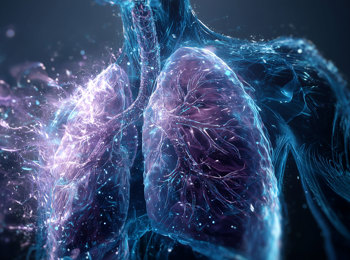
Breath, biofluids, and beyond: Advancing biomarker discovery toward non-invasive diagnostics
Researchers from Imperial College, London present how advanced analytical workflows originally developed for breath analysis are now being extended across diverse biological matrices.

Snow DUMP-ing: Using direct TD–GC–MS to tackle urban snow and microplastic pollution
A solvent free, direct thermal desorption (TD) GC-MS approach for analysing particulates in snow, eliminating toxic solvents and reducing sample prep time.
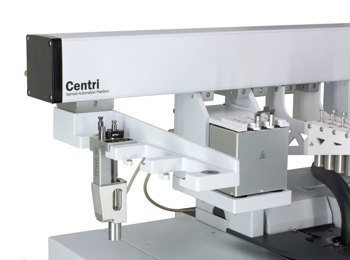
Expanding automated sorptive extraction capabilities for GC–MS
Automated high-capacity sorptive extraction enhances GC–MS sensitivity, throughput, and flexibility.
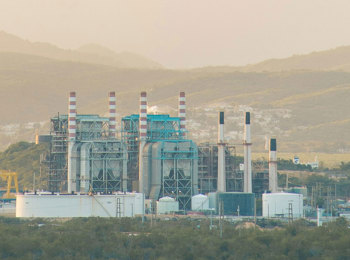
Fundamentals of environmental air monitoring: Overcoming challenges in VOC analysis with advanced GC–MS techniques
Practical strategies for robust VOC air monitoring with advanced GC–MS.

Switching to hydrogen carrier gas: An analyst’s guide to GC–MS method conversion
Discover the critical steps in implementing a hydrogen carrier gas GC-MS workflow and the benefits it offers as a sustainable solution.
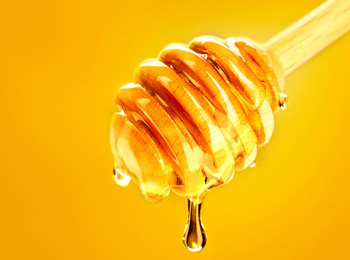
Expanding the sample extraction toolkit for food analysis by GC–MS
Discover the critical steps in implementing a hydrogen carrier gas GC-MS workflow and the benefits it offers as a sustainable solution.

Real-world implementation of dual canister and tube analysis of hazardous air pollutants using TD–GC–MS
On-demand webinar

How to monitor F-gases using pre-concentration with GC–MS
On-demand webinar

Sorptive Extraction Fundamentals and Applications: Extracting More with SPME and HiSorb
On-demand webinar
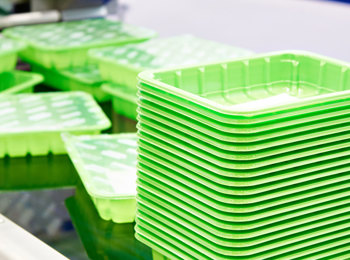
Advanced GC–MS techniques in polymer chemistry
On-demand webinar

Monitoring of ozone depleting substances and greenhouse gases – product portfolio
On-demand webinar

Emissions of PFAS from fluoropolymer-coated cookware: Analytical advances and findings
On-demand webinar
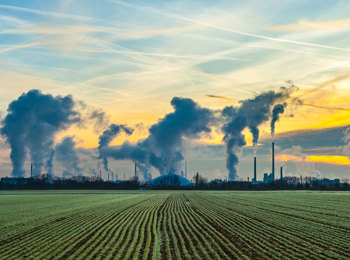
Overcoming challenges for air analysis of hazardous air pollutants (HAPs)
On-demand webinar
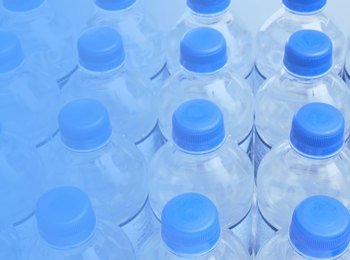
Analysis of trace volatile organic compounds (VOCs) and odour in post-consumer recycled resins by thermal desorption and GC×GC–TOF MS
On-demand webinar

A deep dive into hydrogen fuel analysis for a cleaner future
On-demand webinar
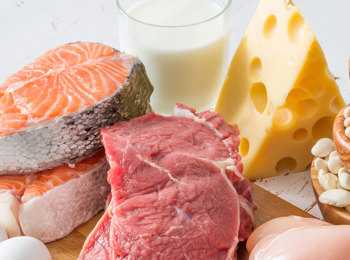
Flavour and fragrance discovery: Unique high-capacity sorptive extraction to find what you've been missing
Webinar




